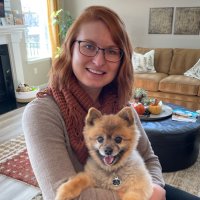
Megan Sheridan
@msheridan226
Senior Scientist at Conception Bio, postdoc at the University of Cambridge (CTR/pathology) and at MU (OBGYN), PhD at MU in Biochemistry
ID: 3235418372
03-06-2015 20:39:37
187 Tweet
210 Followers
211 Following
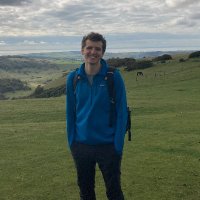
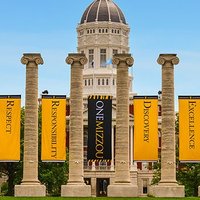

Teaching statement workshop happening now! Please join us!!! #Mizzou MU Postdoctoral Association (MUPA)



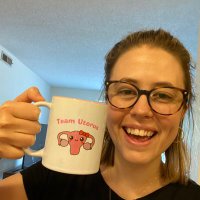
Very proud to have our cool research recognized!! With great thanks to Mizzou Graduate School MU Postdoctoral Association (MUPA) Tom Spencer #teamuterus Mizzou Animal Sciences
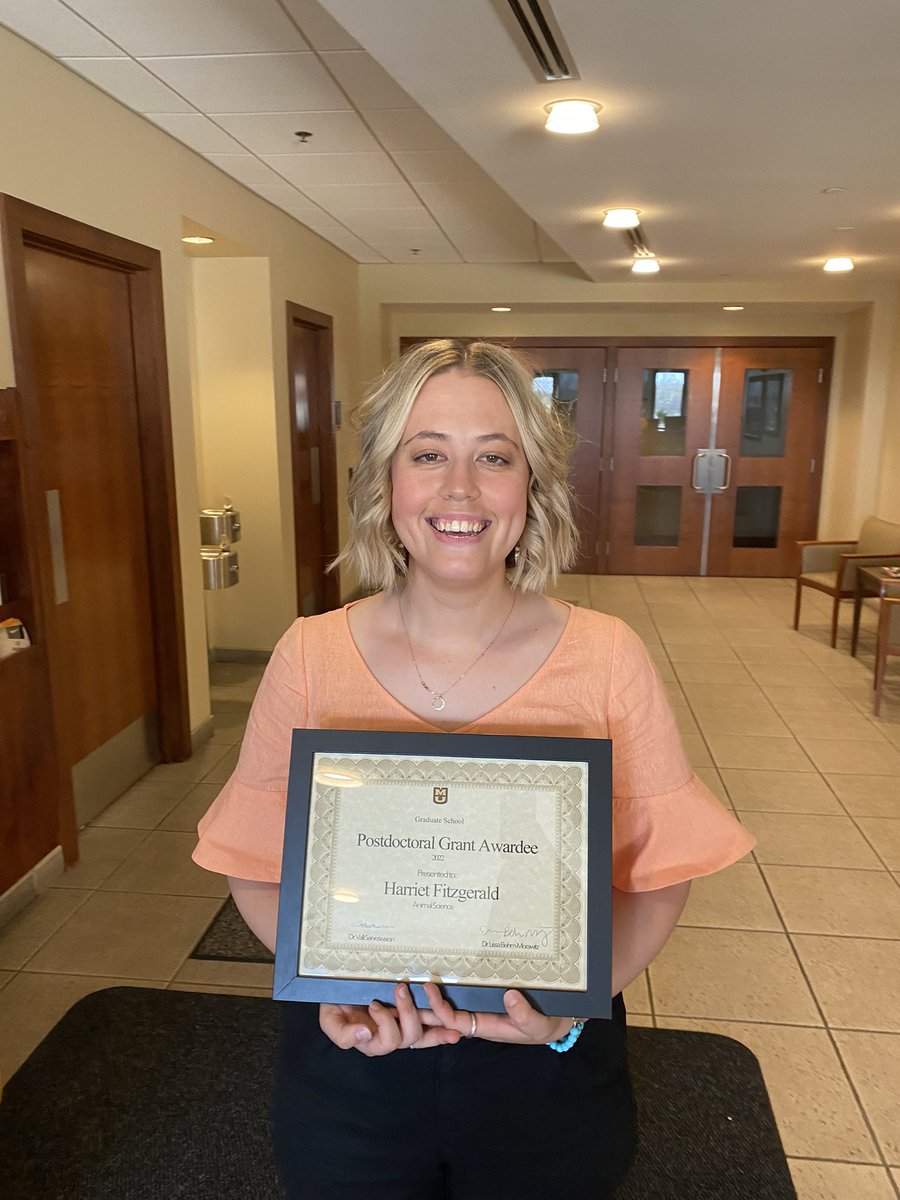


Very excited to start my new position at Conception tomorrow!! 🎉Can’t wait to dive into this new #research field! Oh and happy to say I am #leavingacademia Thank you to all my mentors who helped get me here and to all of the beautiful trophoblast I’ve cultured over the years!

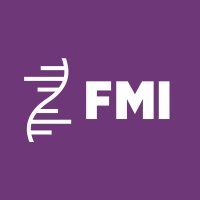
FMI researchers & collaborators at Wellcome Sanger Institute Cambridge University & EMBL-EBI mapped the full trajectory of placental development—work that could offer insights into pregnancy disorders and help develop better experimental models of the human placenta. fmi.ch/news-events/ar…


Celebrated Conception's office warming last week with our remote team flying in too. I'm so excited for this year 🙂🥚🥚🥚
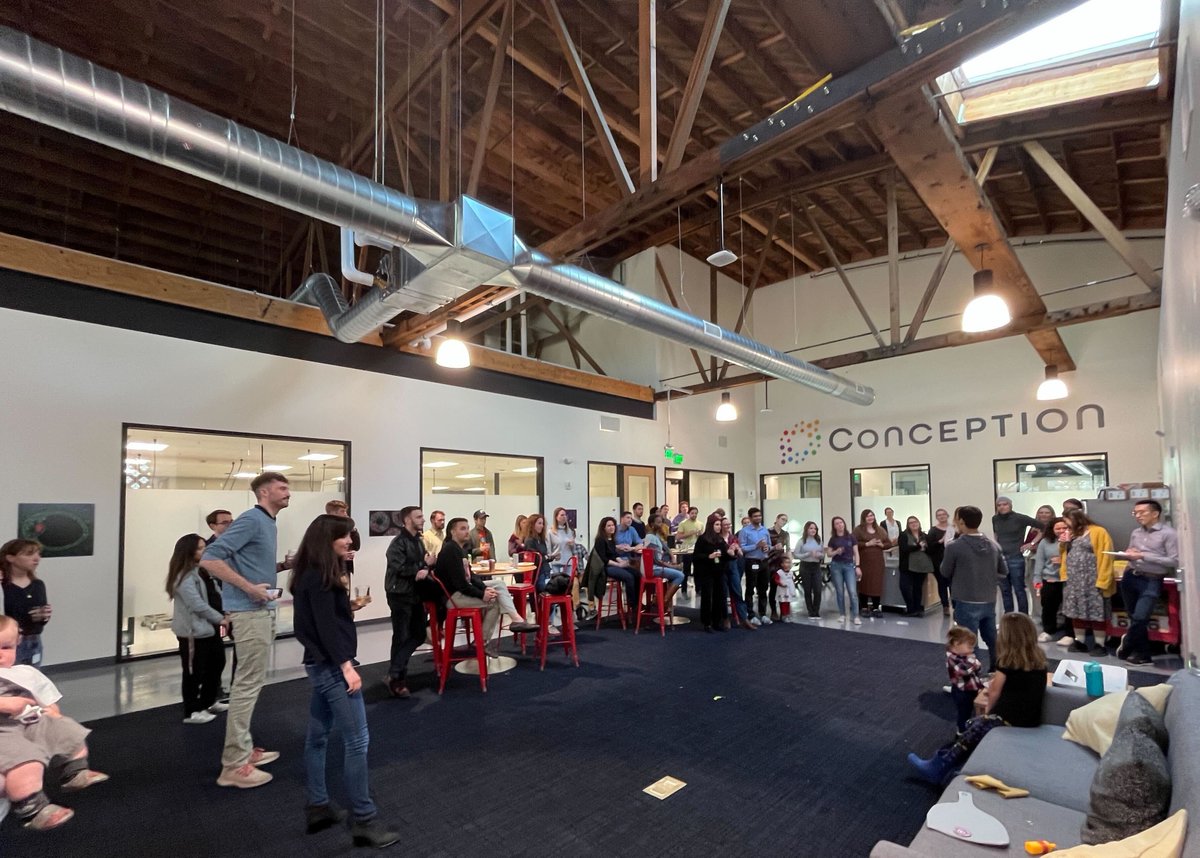

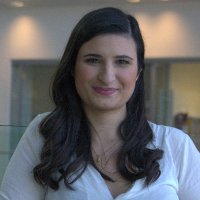
Lots has been said about the potential + promise of embryo-like models, but what are the challenges and hold-ups? What's still tricky? And what do we need to overcome? 🤔 Very much enjoyed working on this perspective with Rugg-Gunn Lab and Patrick Tam! 🔎 tinyurl.com/2jyjmn7d


We've gotten very close to generating human eggs from stem cells! Rob Stein from NPR came to Conception to learn about our process. npr.org/2023/07/12/118…

The human placenta is unique and shrouded in mystery. Now, samples collected by Ashley Moffett 35 years ago revealed the most detailed account of its invasion of the uterus to date. I. Emilie Steinmark reports. Nardhy Gomez @CamPathology Wayne State University bit.ly/43Ckhzm
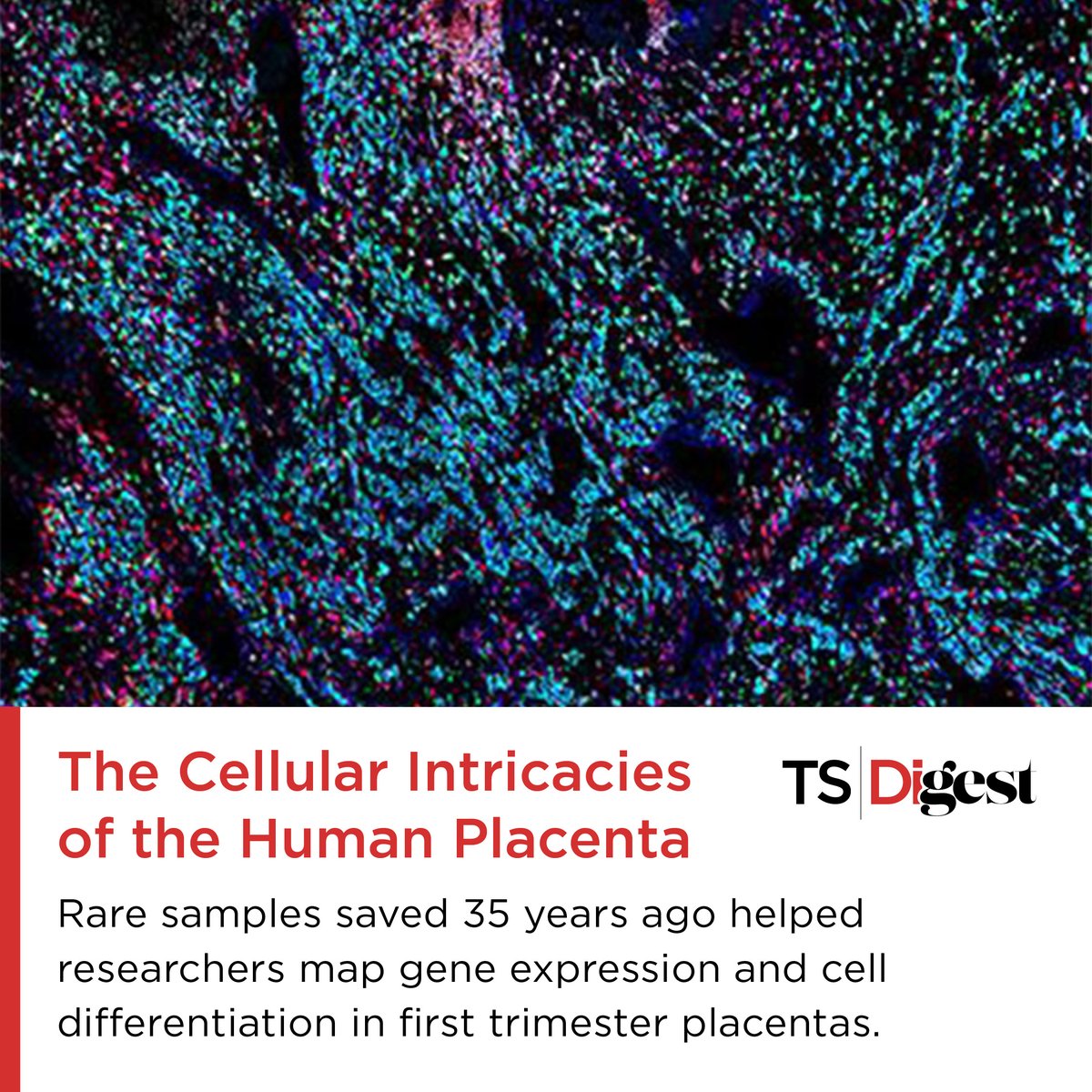
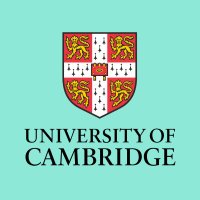
🔬 Scientists at @CamPathology Cambridge Reproduction have grown ‘mini-placentas’ in the lab and used them to see how the placenta develops and interacts with the womb. 🤰 The findings could help scientists better understand - and potentially treat - pre-eclampsia.
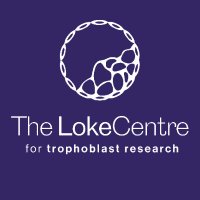
Exciting work out today from Ashley Moffett and collaborators showcasing an innovative application of trophoblast organoids. Congratulations to all the authors! sciencedirect.com/science/articl…

